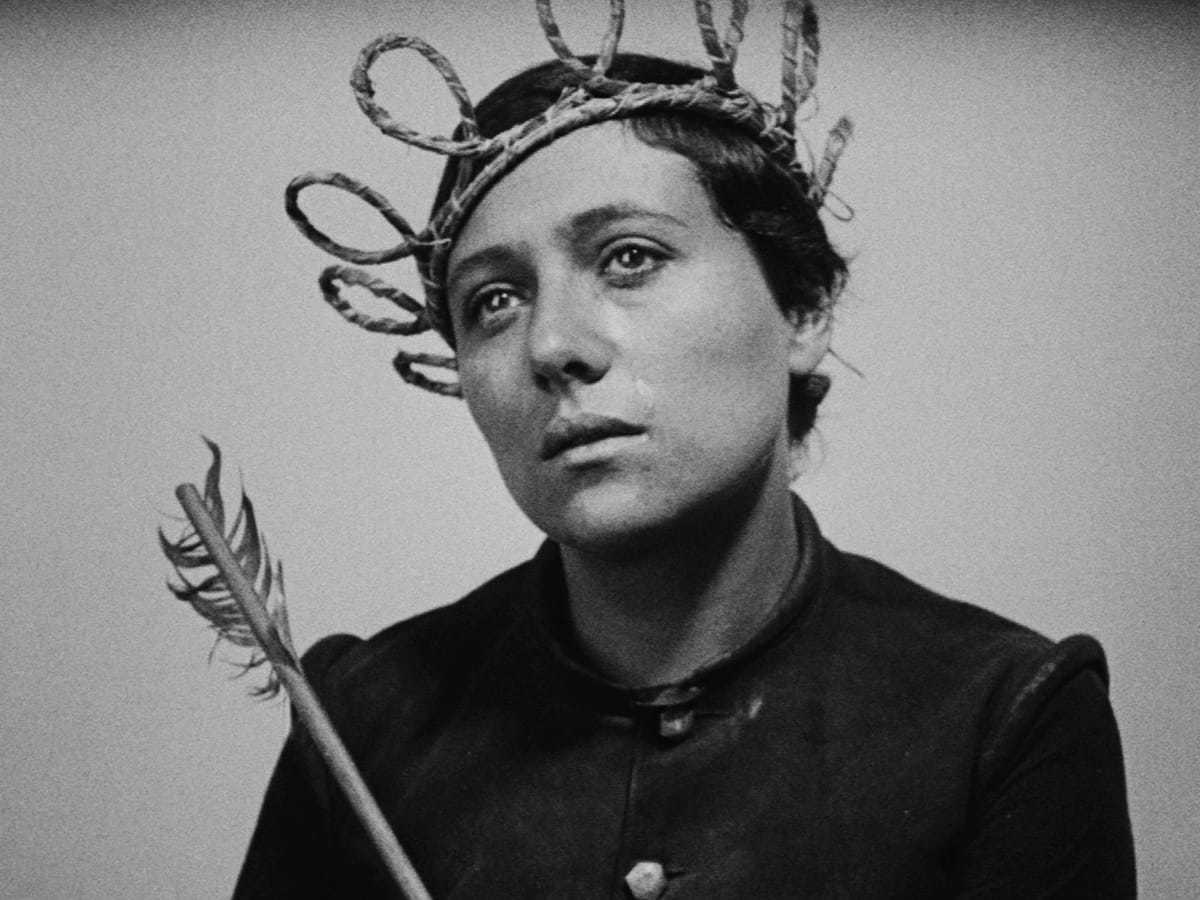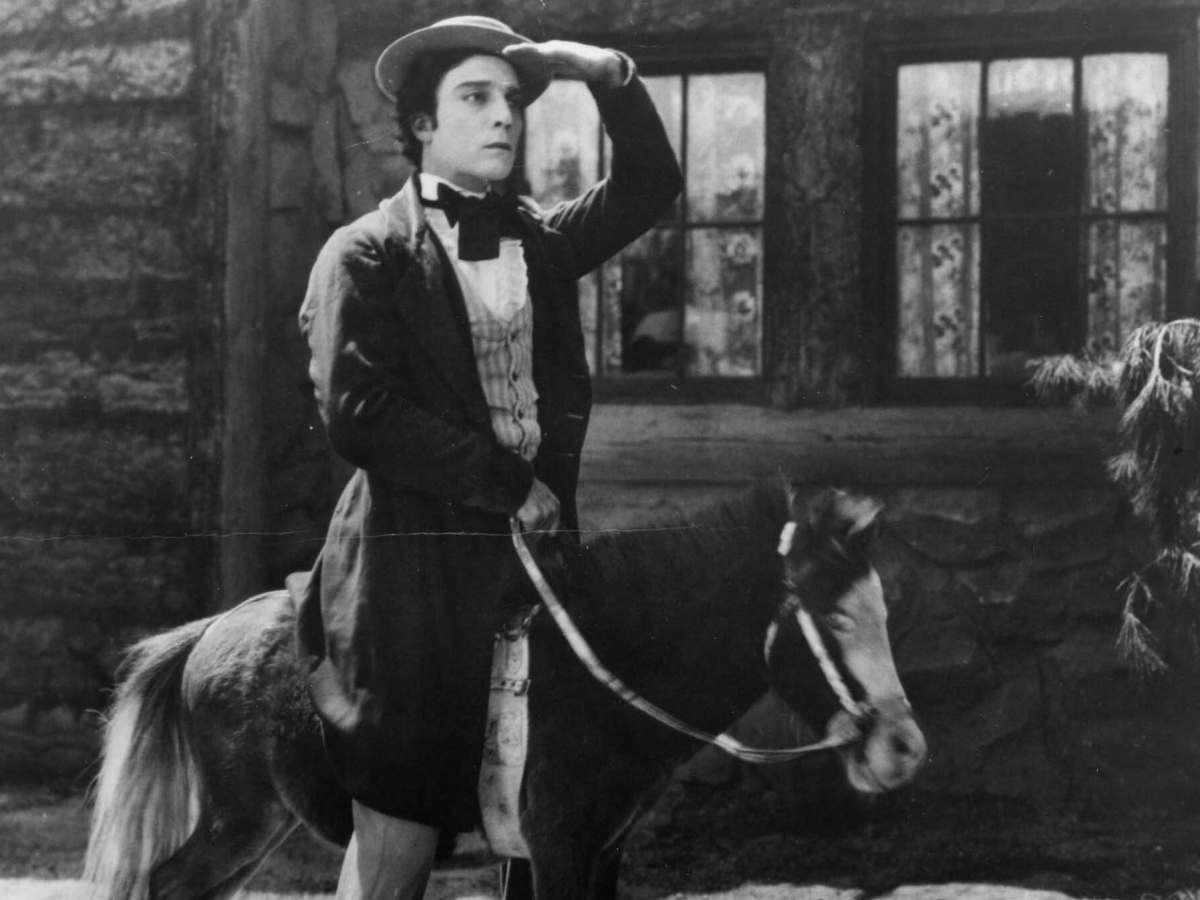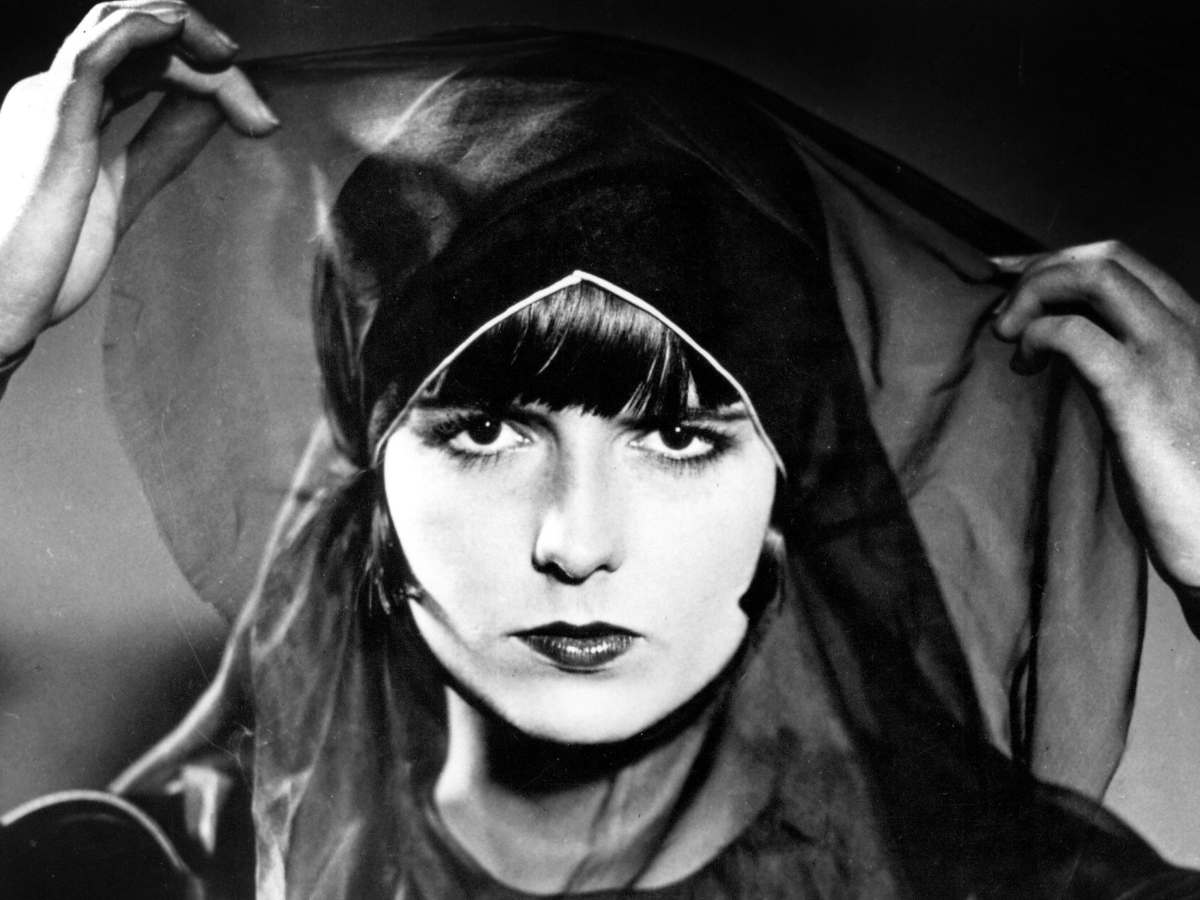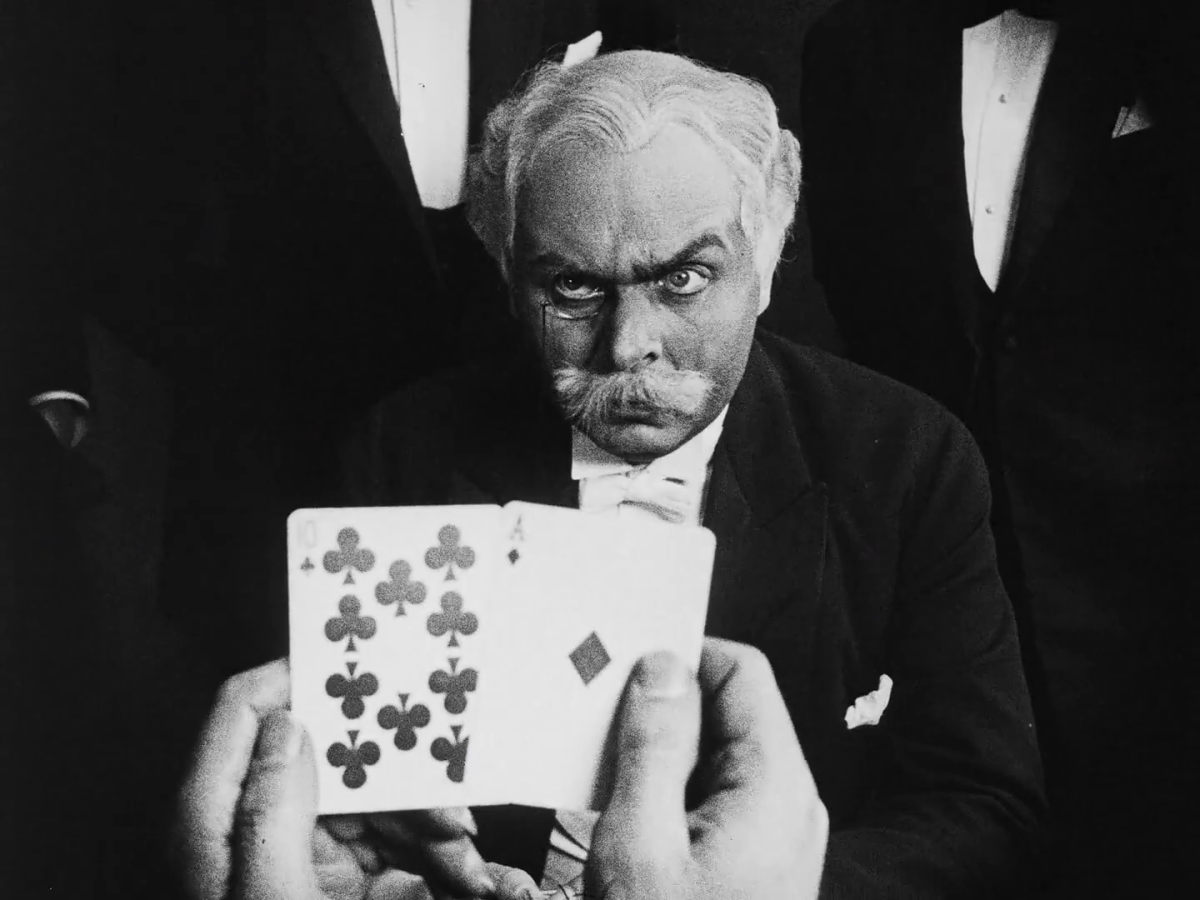
The Best Films of the 1910s & 1920s Decades
The greatest films of cinema’s early years, from German Expressionism to Hollywood’s silent comedies.

Our Hospitality (1923)
If there is anything that will save Buster Keaton’s stone-faced romantic from the violent family feud in Our Hospitality, then it is the amusing code of honour that ironically grants him sanctuary in the home of those who wish to kill him most, setting up a series of hilarious misadventures that erupt into bold, death-defying stunts.
Keep reading
Pandora’s Box (1929)
In the delicate hands of G.W. Pabst, this fable of female scapegoating develops beguiling nuances in its thoughtful characterisations, unequivocally rejecting clear-cut labels of vamps and virgins baked into the history of mythological storytelling, yet never failing to draw us deeper into Louise Brooks’ dazzling feminine thrall.
Keep reading
Dr. Mabuse the Gambler (1922)
Fritz Lang distils the fearful mistrust of authority in Weimar Germany down to a single criminal mastermind in Dr. Mabuse the Gambler, painting out an expressionistic world under his hypnotic control with dark, jagged strokes, and setting the proto-noir standard of elaborately plotted crime narratives.
Keep reading
Wings (1927)
With his staggering aerial sequences and daring set pieces, William A. Wellman turns magnificent feats of engineering into vehicles for exhilarating storytelling in Wings, taking a birds-eye perspective of wartime conflicts and innovation that heightens both as displays of monumental human ambition.
Keep reading
Broken Blossoms (1919)
Broken Blossoms may be a simple, tragic fable of ill-fated lovers, though such eloquent visual poetry refreshes its archetypes through crisp close-ups and propulsive editing, inviting the sort of intimacy that D.W. Griffith alone realised in these early years of cinema was uniquely suited to this young, nascent artform.
Keep reading
Intolerance (1916)
In wrapping up four parallel fables of prejudice stretching from ancient Babylon to the twentieth century, D.W. Griffith’s Intolerance masterfully orchestrates cycles of human redemption and transgression with joy and sorrow, layering plot threads and symbolic counterpoints like intricate harmonies through this epic, cinematic experiment of narrative structure.
Keep readingLoading…
Something went wrong. Please refresh the page and/or try again.

